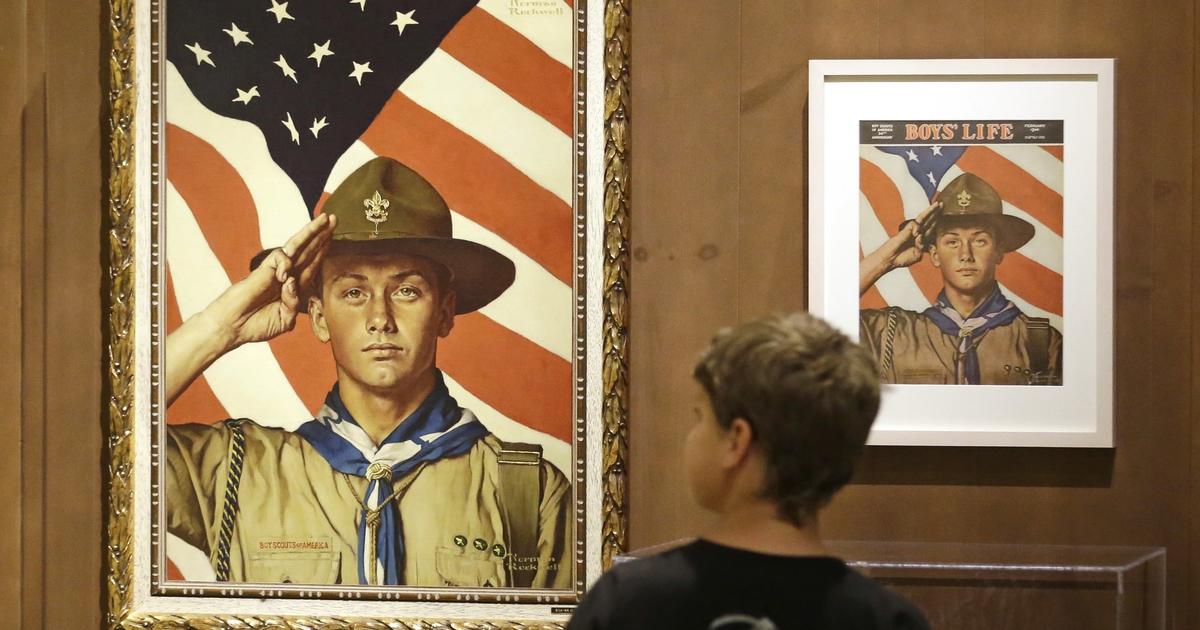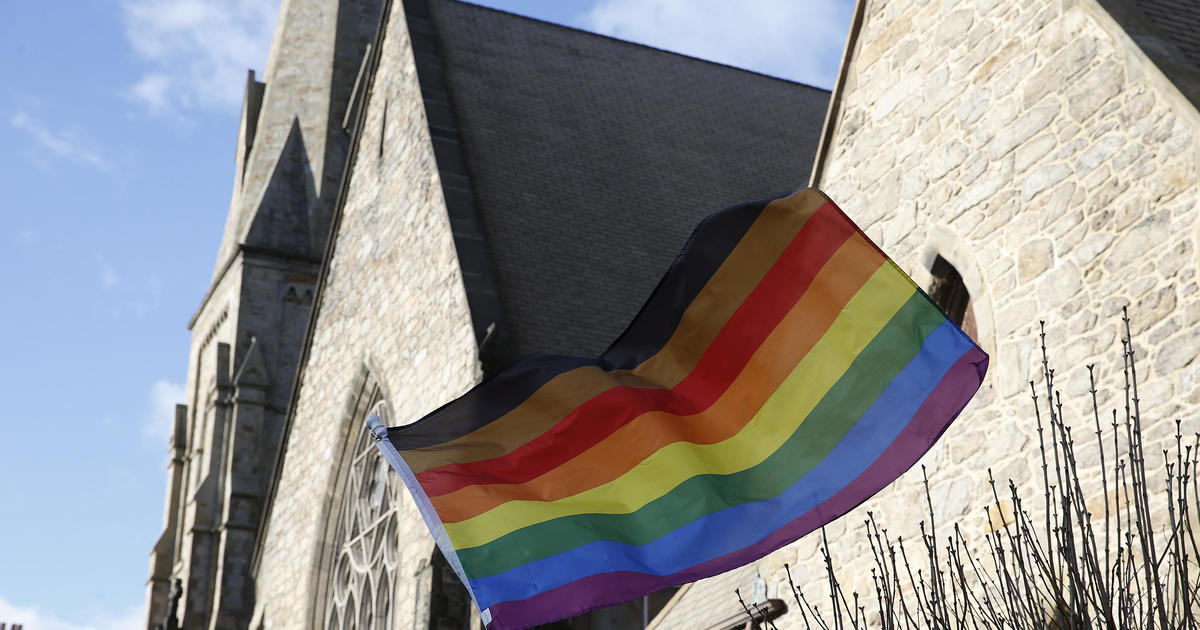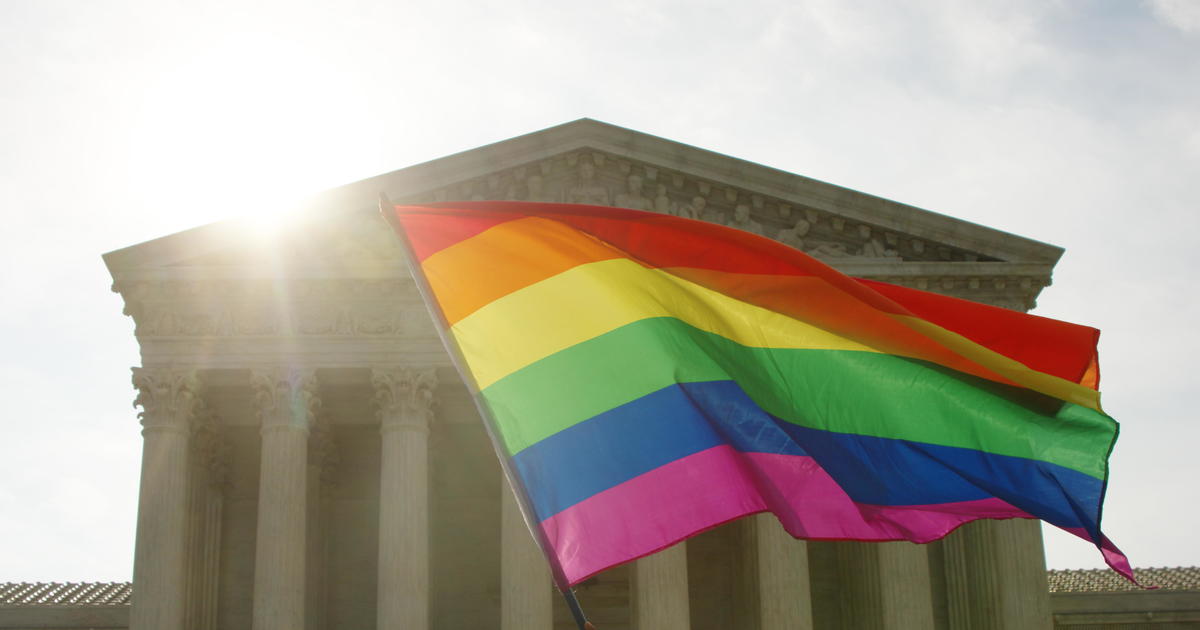Will the Doomsday Clock be reset in light of North Korea situation?
The Doomsday Clock, the mechanism that roughly calculates the likelihood of global destruction due to man-made disasters such as nuclear war or climate change, won't be ticking any closer to midnight this year despite the recent situation between the U.S. and North Korea.
A panel of experts from the Bulletin of the Atomic Scientists meet every November to discuss the Doomsday Clock, and the panel's results are made public at the beginning of the year.
Dr. Lawrence Krauss, who has worked with the Bulletin for about a decade as the chairman of the board of sponsors, has intimate knowledge of revisions made to the clock. He confirmed that despite escalations on Tuesday with North Korea and the president's comments, the clock will not be set closer to midnight, at least until next year.
"We don't make changes to the Doomsday Clock in response to individual events," Krauss said. Instead, any notable events are reviewed together as a whole and are evaluated collectively before changes are made.
Krauss said that he's closely following North Korea's escalation, and he emphasized that the rogue state was partly responsible for the Bulletin's decision back in January to move the clock to two-and-a-half-minutes until midnight, a 30-second bump closer to nuclear friction.
"Whatever happens now, we will review in November," Krauss said. "If they [North Korea] persist till November, it will affect the outcome of the decision."
One the panelists, Jon Wolfsthal, who sits on the Bulletin's Science and Security Board, said there's no doubt Tuesday's revelations about North Korea's nuclear capabilities and President Trump's swift reaction will be factored into the final decision for the 2018 Doomsday Clock.
"These things are happening at a very quick pace, and one of the reasons we meet annually is so that we can digest a broad view of what's happening globally," Wolfsthal said. "Given the events of today, there's no question in my mind that we are much closer to a nuclear crisis than really at any time since the Cuban Missile Crisis in 1962."
Something else that will likely affect the outcome of the next year's decision, according to Krauss, is Mr. Trump's behavior. Mr. Trump's handling so far of the Korean threat is "concerning" to Krauss, and he said he wishes to see the president take a more defined diplomatic stance. Meanwhile, a CBS poll indicates just one-third of Americans are confident in Mr. Trump's ability to handle the Korean threat.
Wolfsthal agreed with Krauss, saying: "We have two leaders who are behaving irresponsibly, making statements that suggest the other is interested or willing in using these weapons first. And that creates a cycle of escalation."
"U.S. needs to figure out diplomacy," Krauss added about the country's relationship with North Korea. Secretary of State Rex Tillerson recently extended diplomatic invitations to the communist dictatorship, only to be told by North Korea's Foreign Minister Ri Yong Ho such negotiations would not be on the table. The United Nations on Saturday voted to enforce strong new economic sanctions against North Korea, but they are unlikely to deter King Jong Un's hostile behavior.
The Doomsday Clock has been updated either annually or biannually ever since it debuted in 1947. The closest the clock ever came to midnight -- two minutes -- was in 1953 when the U.S. and the Soviet Union tested hydrogen bombs. And the furthest it deviated from midnight was in 1991 under President George H.W. Bush -- 17 minutes -- at the end of the Cold War with the signing of the Strategic Arms Reduction Treaty.



